"If I may interrupt. I want your rice. You have the rice. If you don’t give me the rice...I will kill you. So, from my point of view, you don’t really have a choice. I mean, that’s what I am getting from this situation. But what do you think?"
Ankita’s futuristic full length play involves high stakes drama, damaged family relationships, sumptuous imagery and of course, rice wars. We asked Ankita about the process of creating her first full length work, and the inspiration behind the concept.
What inspired you to write this play?
I've always wanted to write a crime comedy which feature South Asian women as the leads - because, honestly, I have never seen anything like that. I love crime comedies, and stories with ridiculous premise, like rice being illegal in a futuristic Auckland. I wanted to see people like me in those stories and give South Asian actors the chance to embody characters in a genre they are usually not cast in.
The idea of rice being illegal came about quite randomly. One day, I was walking down the street and I saw a young Asian man, sitting at the bus stop, desperately eating rice out of some glad warp. Just plain white rice. I think he was a student. The desperation with which he was eating the rice was a little heart-breaking. It got me thinking about the idea of loneliness, feeling alienated, out of place like a lot of migrants or 1.5ers do. Did this guy miss homecooked food? Did he have a family? Friends?
These are the thoughts which eventually lead to the birth of “Basmati B*tch”.
What were the challenges you faced during the process?
Honestly, I had never even considered writing for stage and had no idea what it might entail. Giving myself permission to start was probably the hardest part.
Working with the Pan-Asian community, mentors and talented practitioners who took my silly ideas seriously, who took me seriously has been one of the most humbling and validating experiences of my creative career and life so far.
I would seriously encourage anyone thinking about writing to just start and write for themselves. It’s a great way to bring your inner world into reality. Also, it’s just super fun!
What do you think makes a good story?
I think interesting characters and relationships make a good story. If you don't care about a character in story, then there's no emotional attachment or no reason for you to get invested, right? That's why it's so important to see well developed, flawed, compelling diverse characters on stage and screen that you can actually believe in, root for, and feel connected with. I hope I can achieve even a little bit of that in this first iteration of the script.
How do you want people to feel at the end of your play?
I want people to have the warm fuzzies and not feel like it was a waste of their time. Seriously though - I want them to feel empowered and inspired to create their own work. I want them to feel like they have permission to create the art they want to create, especially if it's the type that is not usually associated with Asian or female practitioners.
‘Who’ did you write your play for?
I wrote this play for people like me, South Asian women. Especially South Asian women who feel like misfits. I feel like there are so many expectations and stereotypes around who we are as people, what kind of media we like to consume, and how we want to see ourselves represented. People still get surprised if I swear in public, raise my voice or make some crass joke (I know I look like a good Indian girl but, beneath these cute glasses, I am the spawn of Satan). I want to break preconceptions and give us permission to be ourselves, be weird and make the art that we want to make without fear.
What character was the easiest to write? Why?
Bindu was the definitely the easiest to write, I think because she's the most like me - super awkward and hiding her writing pursuits from her family.
Can you explain any ‘theatrical’ ideas/concepts utilized in the play?
One of the main theatrical devices used in the play will be stage combat (which is pretty hard to do in a reading...so have fun with that, director!). This play is also set in an alternative reality - in a futuristic, more violent and dangerous Auckland. I hope the comedy and this other worldly nature of the setting and characters can help us explore ideas or identity and politics in a way which is accessible and helps us reflect on our currently reality.



